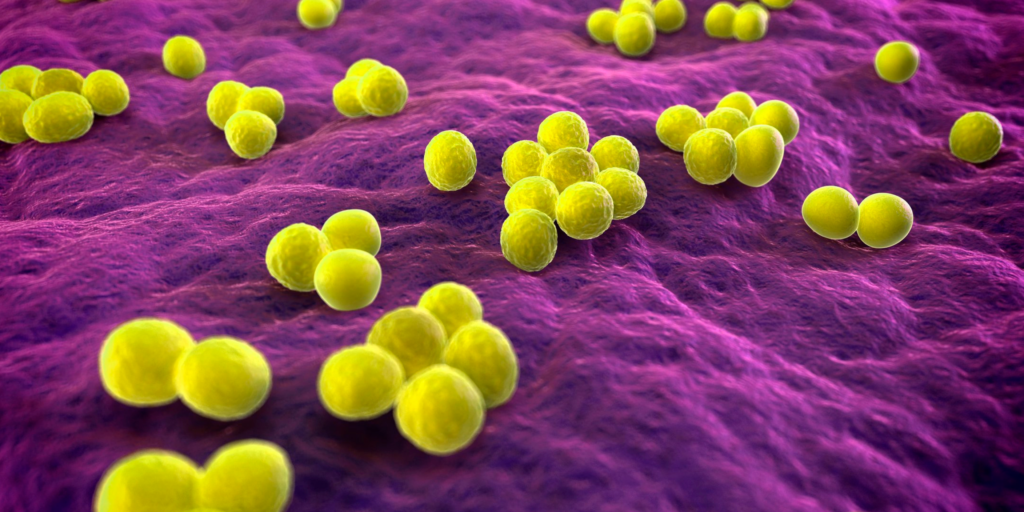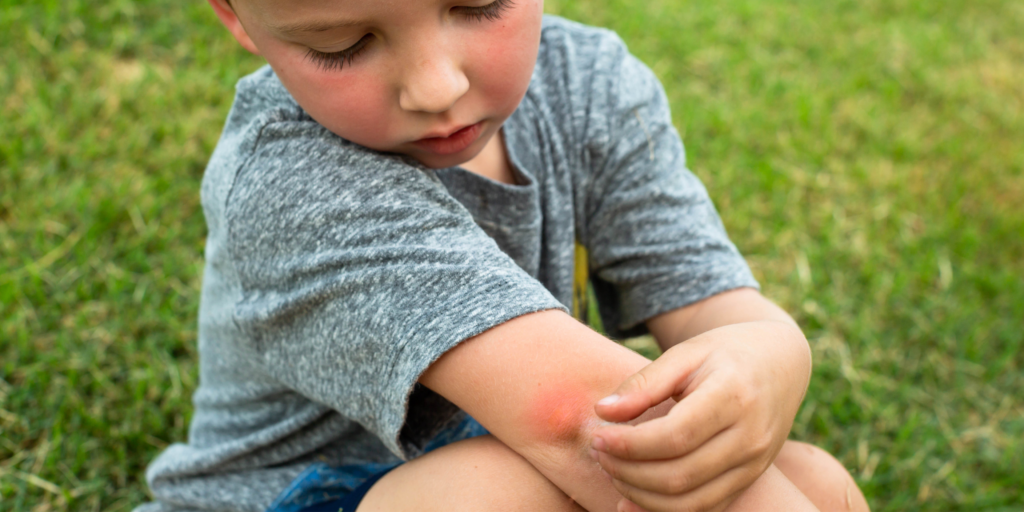
MRSA is the acronym for methicillin-resistant Staphylococcus aureus. The Staphylococcus aureus bacteria are commonly carried on the skin or in the mucous membranes of the nose, even of healthy individuals. MRSAs may be asymptomatic or may have symptoms that begin with or include itchiness.
Symptoms
Typically, MRSA infections initially appear to resemble normal skin infections. They may be confused for a small bug bite, pimple or scratch. Often, itchiness accompanies the small infection. In some cases, if left untreated, MRSA infections may progress to become large, red, swollen and painful boils or open bites.

MRSA and Itching
With good hygiene, the initial small itchy bump or infection may clear up on its own. In other cases, the infection becomes larger and deeper, affecting the deeper tissue under the skin and possibly the glands in the skin that produce oil. Once the infection spreads and becomes deeper, the itchiness usually disappears and the skin begins to swell and becomes painful. If the MRSA is not treated at this time, the infection may form a whitehead, which may then break into an open boil that drains blood, pus or liquid.
Contracting MRSA
MRSA spreads through physical contact with an infected person or object. It is usually not an airborne bacteria. However, a healthy person with no outward signs of disease may have the bacteria in their nose or on their skin and spread the bacteria to another person, infecting the other person and causing them to become symptomatic. Thus, a person does not have to be exhibiting itching or other symptoms to be a carrier.

Who is at risk of MRSA and itching?
MRSA infections occur most frequently in health care settings (hospitals, nursing homes and other health care facilities). Other common sites of MRSA infection include community gathering places, such as schools, day-cares and prison.
Treatment for Itching and MRSA
Mild infections that are limited to the skin are usually treatable by cleaning the area thoroughly on a regular basis. This regular cleaning can also help to reduce the itching associated with MRSA. Antibiotics may be recommended, but MRSA is generally not responsive to antibiotics and requires a longer and/or larger dose of antibiotics. The longer an MRSA infection is left untreated, the more difficult it becomes to cure. Because of the relative ineffectiveness of antibiotics, eventually the infection may become a life threatening bone or blood infection.


